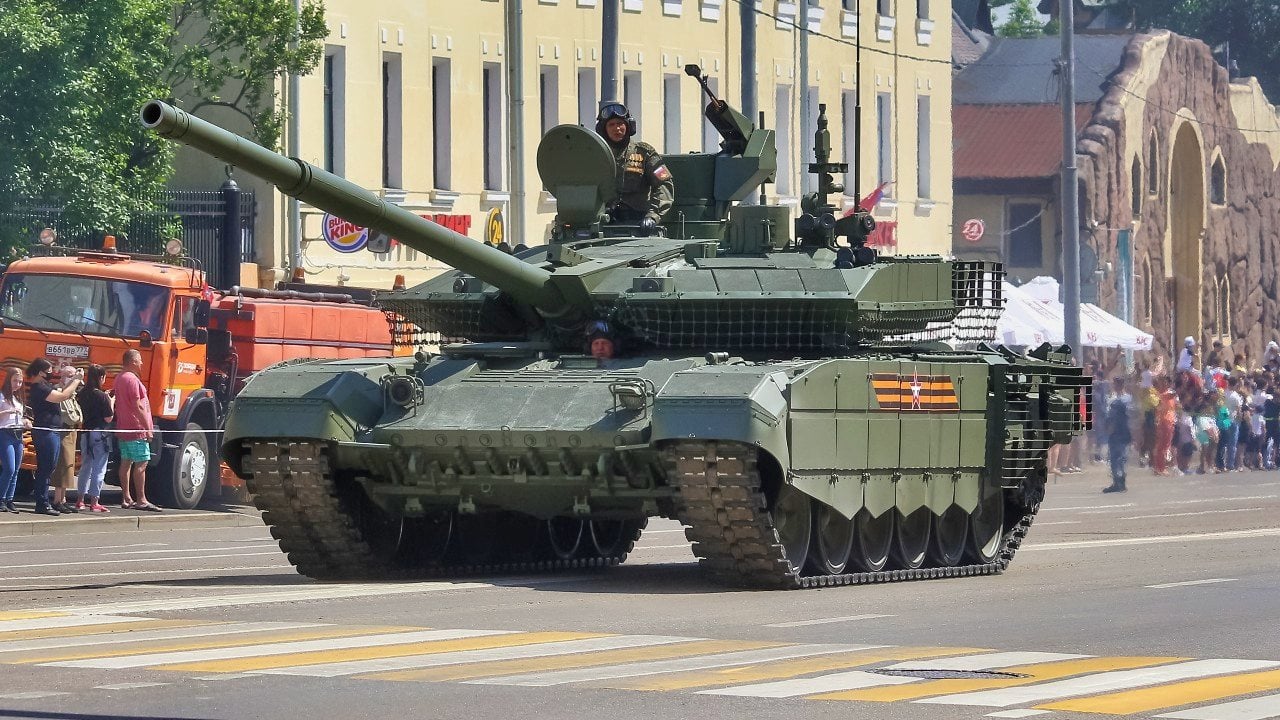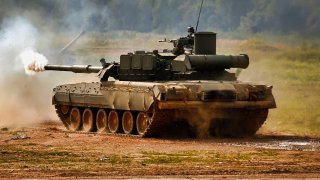The Kursk Offensive Has Thrown Russia's Ukraine War Strategy Into Chaos
Regardless of whether the Russian army eventually succeeds in driving the Ukrainians back across the border, the meticulously planned and executed Kursk offensive has dramatically changed how the war is being perceived in both the Western world and in Russia.
At the beginning of August 2024, the war in Ukraine seemed to have arrived at a stalemate: interest in it, and therefore support, was waning in the Western world, with the notable exception of the countries geographically close to Russia: Finland, the Baltics, Poland, etc. Ukraine itself, with hundreds of thousands dead, millions traumatized, and a daily grind involving ruins, power outages, supply shortages, and disrupted services, was beginning to feel exhausted, despite the knowledge that for them, this war is existential.

In the United States, media coverage indicated that Russia was moving slowly and grimly forward, despite plucky resistance from the Ukrainians. Many Americans were under the mistaken impression that we had been exorbitantly generous to Ukraine, unaware that the long-delayed package of $60 billion, measured as a percentage of our GDP, placed us eighteenth on the “generosity table,” well behind heavy-hitting Great Powers such as … Malta.
Many did not understand that this money goes mostly to our own arms manufacturers.
There were two apparent influences on the U.S. administration’s policies: firstly, fear that antagonizing Russia by crossing the Kremlin's red lines would have unpredictable consequences, ranging from nuclear war to the disintegration of a post-Vladimir Putin Russia into an explosive shambles. Secondly, the lack of a clear consensus in the U.S. electorate about what was at stake, and why Ukraine should be supported, did not create “grassroots” political pressure to which U.S. officials felt compelled to respond.
Looking for the path of least resistance, and least anxiety, the White House began to urge Ukraine, both directly and indirectly, to negotiate a solution involving surrendering land occupied by the Russians: exactly what the Kremlin wants, and what the Ukrainians, after such immense suffering, rightfully refuse to accept.
Eloquent voices have argued that a failure by the West to support the democratic values we claim to espouse, coupled with an indifference to the security of smaller nation-states, and lastly, a willingness to cede control of globally important economic resources, would lead to a catastrophic dog-eat-dog world. Ukraine was fighting to preserve the international order, but there was nonetheless little vision that Ukraine could, and should, be given whatever was needed to emerge from the conflict victorious.
The Kursk offensive, initially understood as only an incursion, will live in history as a brilliant, ground-breaking strategic move. There has been extensive discussion of potential military benefits to the Ukrainians, including drawing Russian troops away from Pokrovsk, seizing Russian territory as bargaining chips for future negotiations, capturing soldiers for prisoner exchanges, etc.—all of which may prove false hopes if the Russians counterattack successfully.
Regardless of whether the Russian army eventually succeeds in driving the Ukrainians back across the border, the meticulously planned and executed Kursk offensive has dramatically changed how the war is being perceived in both the Western world and in Russia. The truism that, “wars are lost when one population loses the will to fight,” has a corollary: “Wars are won when one population gains the will to win.”
The Kursk offensive may have accomplished both: convinced Russia that it can’t win, and inspired Ukraine’s allies to finally step up.
There is much speculation about which fractures in the Russian capacity to wage war are deepest: in the population at large? In the military or security services? Or in the oligarchs and Siloviki? Kursk has been a seismic shock to Putin’s strongman narrative, that he is the source of Russia’s national security; it has been a humiliating demonstration that he is not in control, that the war is not only coming home but that it is being lost.
The fact that the Russian army was pushing minimally trained young conscripts, who were meant to be doing only menial tasks in fulfillment of the one year of compulsory military service, into fighting with top Ukrainian units, resulting in high rates of surrender and death, was not lost on the Russian population. The collapse of resistance, the failure to counterattack, and the flow of misinformation all underscored not just the incompetence of the Russian military leadership and the demoralized state of much of the army, but also begged the question, “How will the war be continued?”
It aroused the specter of a deeply unpopular, and probably unsuccessful, full mobilization. The gravity of the situation is obvious, and Putin has brought seasoned troops to Kursk to repel the Ukrainians.
In the Western world, perhaps especially in the United States, bipartisan support has spiked, and nay-sayers are embarrassed, at least for now.
The battle is on, but the consequences of the Kursk offensive is that it may be the Kremlin that will be eventually forced to seek terms.

About the Author
Adam Dixon has had extensive experience in Central Europe and the Former Soviet Union as a consultant, businessman and entrepreneur, working mostly in aviation and telecommunications , and is currently working on a range of innovative military technologies, including a platform for the removal of landmines. Mr. Dixon studied at Harvard (BA 1983), Oxford (M.Phil 1988), and Leningrad State University (1986).
Image Credit: Creative Commons and/or Shutterstock.


